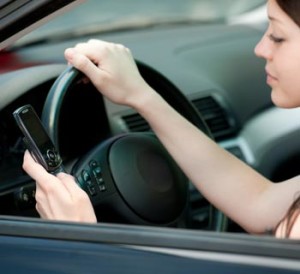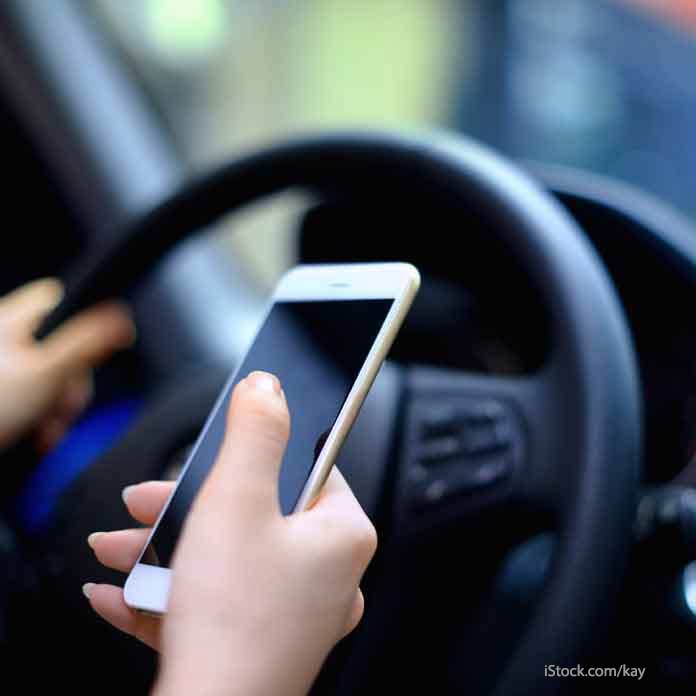This article was written by attorney Fred Pritzker.
We all know the consequences of DUI and DWI: criminal penalties, license suspensions, death and injuries. As a result, the public has no tolerance for drinking and driving and violators are punished accordingly.
 Unfortunately, this same approbation does not extend to other dangerous driving behavior including driving while texting (DWT) and driving while distracted (DWD). Two recent national news stories in the New York Times and Washington Post discuss just how prevalent (and dangerous) these behaviors continue to be.
Unfortunately, this same approbation does not extend to other dangerous driving behavior including driving while texting (DWT) and driving while distracted (DWD). Two recent national news stories in the New York Times and Washington Post discuss just how prevalent (and dangerous) these behaviors continue to be.
There are more drivers than ever before and more traffic on our roadways. In addition, because of the decline of American infrastructure, roads are in poor repair and highway construction abounds. More people are speeding and driving behavior is far less civil. When you add DWT and DWD to the mix, it’s not hard to understand why such behavior leads to senseless injury and death.
As one America’s preeminent transportation safety law firms, we see firsthand the consequences of DWT and DWD. Juries are outraged by such behavior and verdicts reflect that outrage. But a big verdict or settlement is small consolation to the family of a loved one killed or a child paralyzed by a distracted driver.
Many states ban texting while driving. All should. Fewer states prohibit cell phone usage while driving. Again, all should. In terms of risks and dangers, there isn’t all that much difference between driving and drinking, driving while texting and, all too often, driving while phoning. If you doubt it, ask the victims of such conduct. A broken neck is a broken neck.
Attorney Fred Pritzker helps accident victims and families after accidents caused by distracted drivers. He and his accident litigation team have won millions for clients in personal injury and wrongful death lawsuits against drivers and companies, including trucking companies, construction companies, garbage disposal companies and others.
